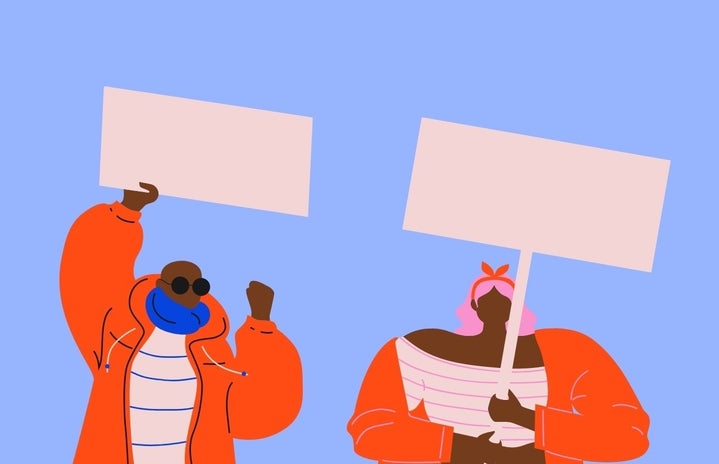Black History Month celebrates and honors the triumphs and struggles of African Americans throughout the United States history. As the years go on and I become more familiar with Black history, I realize that there is more to Black history than what is taught in school. We are aware of well-known figures such as Martin Luther King Jr., Ida B. Wells and Rosa Parks. Today, let’s take the time to talk about Black History Month basics.
It Started as a Week.
In 1915, Carter G. Woodson and minister Jesse Moorland founded what’s now known as the Association for the Study of African American Life and History. That organization established Negro History Week in 1926, which strived to inspire schools and communities to organize local celebrations and host performances and lectures.
Carter Woodson: The Father of Black History.
Woodson was tireless in his lobbying to establish Negro History Week as a program to encourage the study of African American history. He dedicated his career to the subject and wrote many books on the topic.
Woodson’s best-known academic work, The Mis-Education of the Negro, “became a manifesto for Black leaders advocating radical social change,” according to The Washington Post.
February Was Chosen for a Reason.
Negro History Week takes place during the second week of February. Why? This is because it coincides with the birthdays of President Abraham Lincoln and Frederick Douglass. President Lincoln paved the way for the abolition of slavery with his Emancipation Proclamation. Douglass escaped slavery to become an activist, author and prominent leader in the abolitionist movement to end slavery.
A Week Becomes a Month.
The Civil Rights Movement of the 1960s helped elevate Negro History Week to national prominence and turn it into a month-long celebration. As a result, President Gerald Ford officially proclaimed February to be Black History Month in 1976.
Honoring African American Men and Women.
You don’t have to look far to notice the many impressive achievements of Black men and women in the fields of health, science, politics, law, sports, entertainment and many others.
It is up to us to educate ourselves, listen and learn about African American history so that we can accurately carry on the legacy that was left behind for many generations to come.


